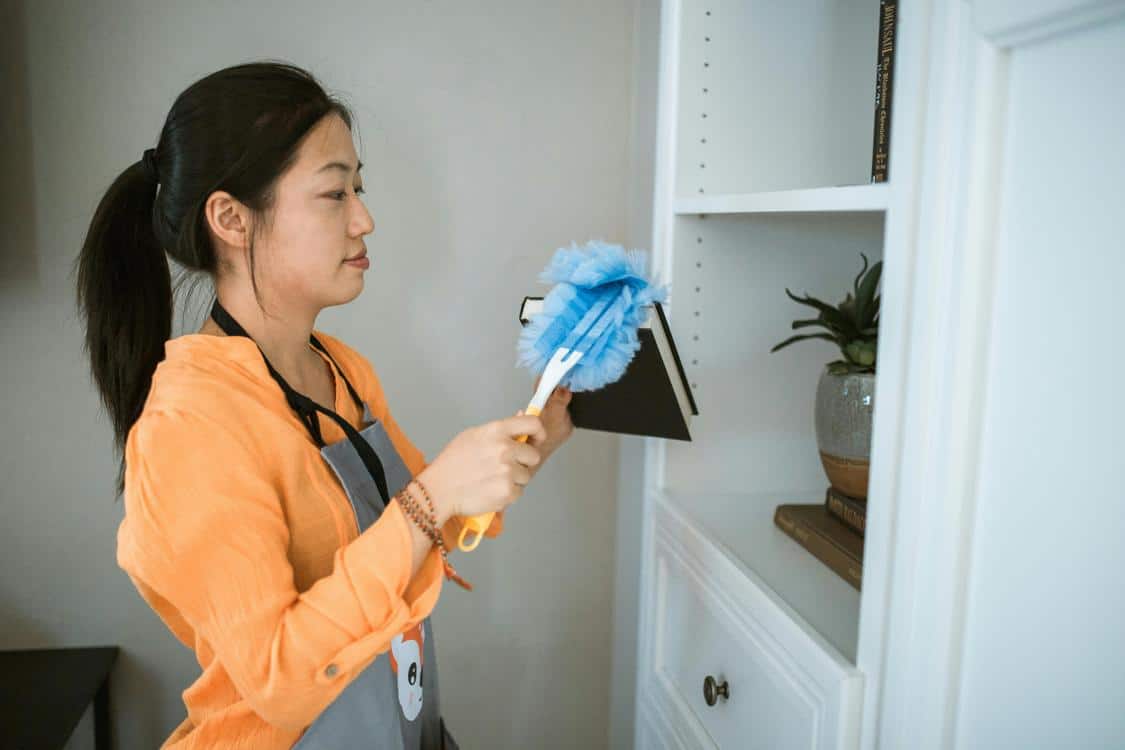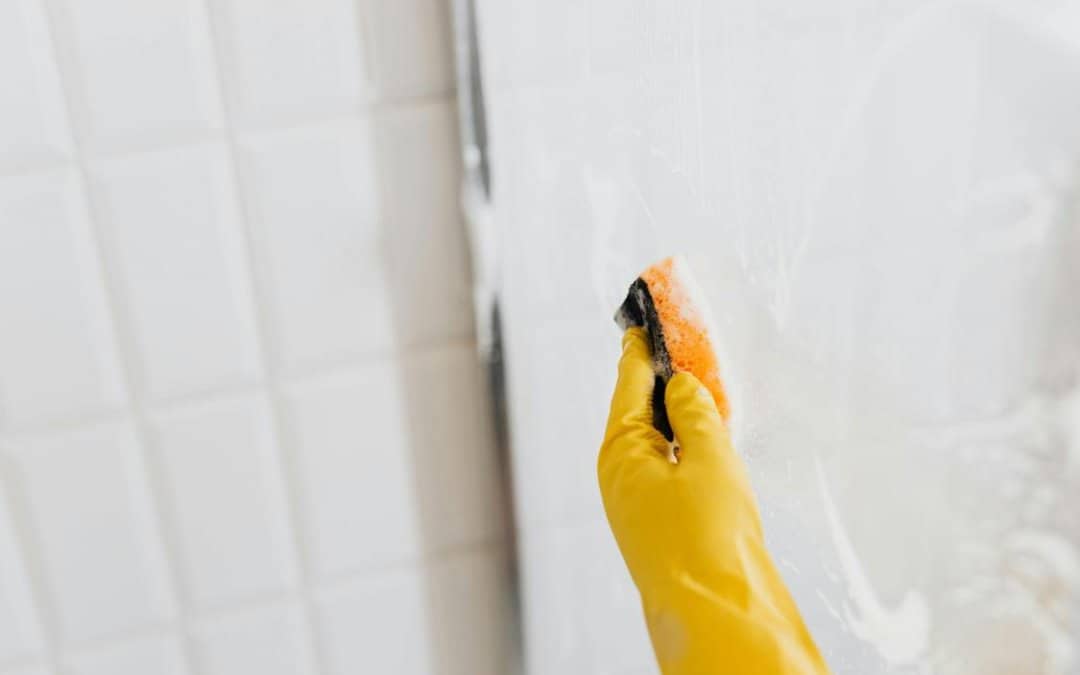Host families and au pairs should discuss expectations regarding vacation time in advance. Be sure to consider the 45 hour work week (or 30 hours for EduCare au pairs) and US Department of State regulations.
Remember that when your au pair is on duty she should receive her weekly free time and one complete weekend off each month.
Vacations
The Au Pair program is a great opportunity for au pairs to travel, both during their work days and on vacation. Au pairs should discuss any family vacation plans with their host families early on in their exchange year. Host families are not required to give au pairs specific holidays, but they may decide to provide au pairs with a certain amount of paid vacation days throughout the year.
Each country has its own regulations in place about the amount of vacation and free days an au pair is allowed to take, especially with an expert aupair. Host Families should clearly state these rules in their program agreement, and make sure au pairs are aware of these restrictions.
For example, in some countries, au pairs must be given a full day off every week and one weekend off each month. In these cases, if the family wishes to have their au pair on duty during a public holiday, they must make up the time at another point in the au pair’s schedule.
Many au pairs decide to go on a vacation with their host families or take a separate trip. When the host family decides to take a vacation, it’s important that they clearly communicate with the au pair about when they expect her to be on-duty and when she will have time off. It’s also important to understand whether the au pair will be responsible for any expenses while on-duty, as well as if they will have their full stipend during this time.
While some hosts will choose to allow their au pairs to accompany them on their vacations to help lighten their workload, it’s important that they carefully consider this option. The same rules that apply to the au pair during her normal working hours must still be adhered to, and it’s not a good idea to entrust an au pair with the responsibility of providing care for a child while the host is away.
If the host wants their au pair to stay with them during a vacation, they must still offer her room and board, as well as her normal stipend. This arrangement can be a positive experience for both parties, but it’s vital that it is discussed with the au pair in advance to ensure everyone understands what’s expected.
Holidays

Many host families like to vacation together with their au pair during holidays and this can be a great way for both parties to relax and enjoy each other’s company. However, it is important to keep in mind that your au pair should not be working during her vacation time and you should be aware of how much free time she has available to her per program rules.
When you are planning a holiday or vacation, it is a good idea to include your au pair in the planning process so that she has a chance to voice her preferences and needs. It’s also a good idea to check in with your au pair regularly (at least once a week) to make sure she is feeling happy and supported and that she is getting the work-life balance she needs. For example, if you notice that your au pair has missed work assignments or isn’t responding to emails, this may be a sign that she is overworked and needs more time off.
In addition to their vacations and weekends, au pairs are entitled to a minimum of two weeks of paid vacation during their twelve-month placement. This is included in the stipend they receive each month and it’s up to you and your au pair to decide how this time off will be used.
You should avoid scheduling vacation time in the first month after your au pair’s arrival as this is a good opportunity for you to get to know each other and for her to get acclimated to her new home. You can also consider letting your au pair use her weekly free day to visit friends or take a long weekend trip to explore local destinations.
Some au pairs will also choose to take classes in their free time. These can be a great way to improve their English or learn a new skill. It is also a wonderful way to meet other au pairs and their hosts.
Weekdays
As an au pair, your primary responsibilities are to take care of your host children. This is an important job and one that takes up much of your time during the week. But, do you know that au pairs get plenty of leisure time, too? This includes evenings, free weekends and, depending on the length of your au pair’s placement, two weeks of paid vacation at the end of their stay with you.
Host families are required by program regulations to provide au pairs with 1.5 days off each week and a full weekend off every month. The exact schedule can be arranged however you and your au pair like, but it should be clearly communicated in advance to prevent any issues later on.
Most au pairs are young and may not have a lot of experience running a household on their own, but this doesn’t mean they don’t have the skills to be independent and have fun with their free time! Most au pairs use their free time to travel, explore their new home and meet up with friends.
The best way to understand how your au pair might use their free time is to talk to them about it during the interview process. This will give you an idea of what they find interesting and fun, so that you can help them discover it more during their time with your family.
Au pairs will likely need to work on public holidays, but this depends on your country’s regulations and the duration of their placement. If your au pair has to work on a holiday, you should still offer them another day off to make up for it.
You and your au pair should discuss the specifics of her schedule during the first month, to ensure that it’s a good fit for both parties. Many agencies recommend that you do not schedule her on any vacations during the first month, as this is a crucial time for both of you to develop a relationship and become acclimated with each other. In addition, it’s a good idea to let her take one week of vacation within the first six months of her placement.
Weekends
Every host family is different and the au pair’s schedule should be agreed upon up front. For example, if the parents work late hours or travel for business, that may have an impact on how many nights or weekends the au pair is expected to work outside of their regular allotted time off. However, it’s important to remember that au pairs are not employed by the host family and should be treated as a guest who is provided with room and board in exchange for their help.
As a result, au pairs are not expected to stay on duty more than 45 hours per week or 10 hours in any given day. They are also required to have at least one full weekend off each month, and two weeks of vacation for the duration of their program year. This vacation time is paid out of their weekly stipend and should be agreed upon in advance by both parties.
During their time off, au pairs are free to do whatever they choose – whether it’s exploring the city, spending time with friends or taking classes. In fact, many au pairs choose to take the opportunity to learn a new skill or language during their vacations. This is an amazing way to immerse themselves in the local culture and expand their knowledge of the United States, while also improving their English!
Another great way to enjoy vacation time is to bond with their host family. Especially during their first months together, this is a fantastic way for the au pair to get to know her host children on a personal level and build trust.
Although the current COVID-19 outbreak is challenging au pairs’ ability to explore their new home, many have found that staying at home to take care of their hosts’ kids is a great way to enjoy their vacation time and still feel like they are making the most of this once-in-a-lifetime experience! It is important to note that even though au pairs are not on the clock during these times, they should not use their vacation days for any other reason than family-related activities.




